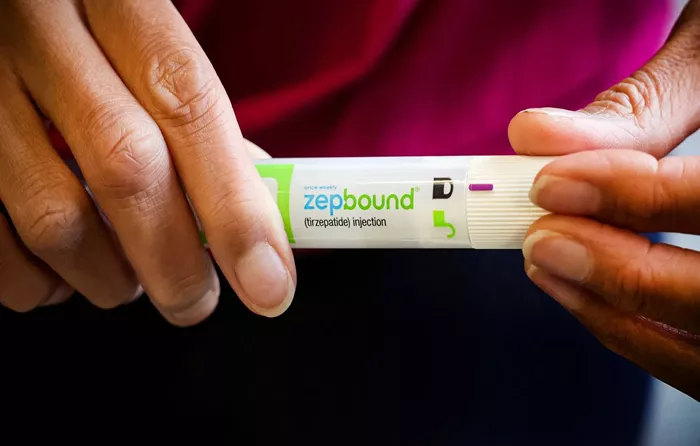In a significant reversal, the U.S. Food and Drug Administration (FDA) announced late Friday that compounding pharmacies may resume producing compounded versions of tirzepatide, the active ingredient in Eli Lilly’s popular diabetes and weight-loss drugs, Mounjaro and Zepbound. This move comes as the FDA reconsiders its earlier decision to remove tirzepatide from its nationwide shortage list, a decision that had generated widespread frustration among pharmacists and patients alike.
The surprise announcement marks a crucial victory for compounding pharmacists, who have faced an escalating demand to produce alternatives to the brand-name drugs amid shortages. Many patients have turned to compounded tirzepatide due to its more affordable pricing and accessibility, especially as the supply of Mounjaro and Zepbound has been inconsistent.
Tirzepatide has been on the FDA’s shortage list for nearly two years. Initially approved to treat Type 2 diabetes under the brand name Mounjaro, the drug quickly gained popularity for its off-label use in weight loss. This spike in demand, coupled with limited manufacturing capabilities, intensified the shortage. Eli Lilly has committed billions to ramp up production through new manufacturing facilities to address the supply constraints, but distribution issues have persisted.
The FDA’s initial announcement on October 2, declaring the shortage resolved, sparked an outcry from the compounding pharmacy community. The agency stated that pharmacies producing large quantities of tirzepatide would no longer be able to accept new orders, allowing 60 days to fill existing prescriptions only. This decision prompted immediate legal action.
On October 7, the Outsourcing Facilities Association (OFA), a trade group representing compounding pharmacists, filed a lawsuit against the FDA, arguing that tirzepatide remained in short supply and should remain on the shortage list. In response, the FDA filed a court brief on Friday, acknowledging the plaintiffs’ concerns and temporarily halting enforcement of its earlier decision. The FDA stated it would not take action against compounding pharmacies producing compounded tirzepatide while it re-evaluates its shortage status.
The decision comes as a relief to many patients who depend on compounded tirzepatide for weight management. Simone Williams, 50, from Spartanburg, South Carolina, is one such patient who has been relying on compounded tirzepatide since June 2023 after her savings card for Mounjaro expired. Faced with the high cost of the brand-name drug — over $1,000 per month — Williams turned to a compounded version, which has allowed her to continue her treatment at a more affordable price.
“I was deeply concerned when the FDA removed tirzepatide from the shortage list,” Williams said. “This update is good news, but I’m still cautious. Until the FDA makes a final decision, I remain worried that I’ll be back at square one.”
Despite Lilly’s efforts to ramp up production, shortages of tirzepatide and its counterpart semaglutide, the active ingredient in Ozempic and Wegovy, persist. Michael Ganio, senior director of pharmacy practice at the American Society of Health-System Pharmacists (ASHP), noted that while tirzepatide is still listed as being in shortage, supply disruptions may soon ease as distribution centers are replenished.
“The supply may take a few weeks to stabilize,” Ganio said. “Pharmacies are working hard to fill back orders, and patients are still struggling to find consistent access to the drug.”
As the FDA revisits its stance on tirzepatide, the future of compounded versions remains uncertain. Compounding pharmacists and patient advocates are closely watching developments, advocating for continued access to affordable alternatives during the ongoing drug shortage.
Read more:
What is Insulin-Dependent Diabetes: A Comprehensive Guide
Understanding Diabetes: Types, Comparisons & Support
Type 1 & 2 Diabetes NHS:What’s The Difference


